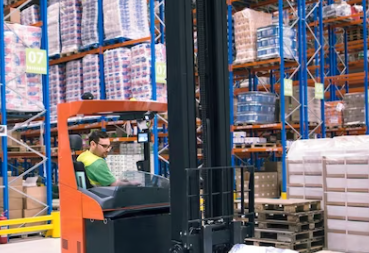WEEE compliance money could ‘go to councils’, states report
It has been announced that the Department for Business is to consider giving councils the money raised from the WEEE compliance fee scheme.
The announcement was made by John Redmayne at a recent Let’s Recycle conference. Redmayne is the general manager of the compliance scheme European Recycling Platform (ERP). ERP is one of the most experienced WEEE compliance schemes in existence in Britain. It is also the only scheme that offers pan-European compliance.
According to Redmayne, the option to present the money raised by the compliance fee to local councils was being looked into. The fee is enforced on schemes that are unable to gather sufficient evidence for the recycling of a WEEE product. Such products can be as diverse as small electrical items to larger products such as washing machines.
The WEEE compliance fees are not given to the Treasury, like the money generated from Landfill Tax is. The accountancy firm Mazars is running the system for the 2014 period.
It was in 2014 that the compliance fee was introduced in the UK following concerns that the old scheme was too costly and gave certain sectors an unfair advantage.
During the Let’s Recycle conference it was revealed that for large domestic appliances (LDA), such as washing machines but not including fridges, would be void of financial penalty. Consequently, any compliance scheme which has insufficient evidence of the recycling of LDA would not be faced with a compliance fee penalty for 2014.
Whilst there has not been any data published about how much the compliance fee for 2014 is likely to raise, Dr Philip Morton, chief executive of the Repic compliance scheme, the largest WEEE compliance scheme in the UK, praised the new WEEE system for “saving £20 million.”
“That has got to be a good thing and will ultimately feed through to consumers,” said Dr Norton.
The Repic chief executive added that under the new system local councils would have the power to ask a scheme to collect WEEE if they do not have a producer compliance scheme.
John Redmayne noted how the “fundamental dynamics of the system” has not been changed by the introduction of the compliance fee. However, most local authorities seem to be taking “an active interest in what compliance scheme demand for WEEE is and there is very little appetite for self-management of WEEE,” added Redmayne.









